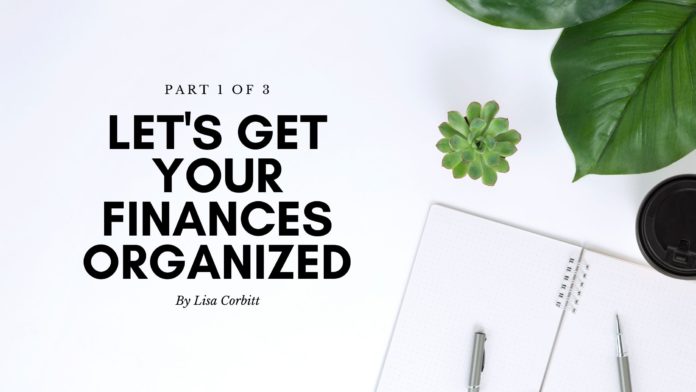The only way to improve your finances, or really anything in life, is to know where you stand now. Finding out how much you owe, what’s coming in, and examining your current situation is the best way to deal with financial crunches. Even if you are already in the crunch, you still need to go through this process.
However, let’s be realistic. It is usually best to examine your finances periodically and have a plan “b” in place for when things go haywire. After all, it’s not “if”; it’s when. No matter what kind of job or business you have, sometimes there will be lean times when the cash isn’t flowing as you wish it would. But if you have plans in place, you can weather even the worst financial crisis and get back on your feet.
- Collect All Your Billing Statements – Organize your bills into categories that include mandatory living expenses, flexible expenses that allow creative budgeting like groceries, and wants. Wants are things that may be desirable, such as getting your teeth cleaned every four months but can be put off to yearly and still maintain health and things like buying the leanest meat cuts instead of the cheaper ones.
- Collect Your Last Three Bank Statements – The reason you need three months of statements is that it will give you a better average of your expenses. You should be able to easily add up how much you’re spending in various categories, from eating out to personal healthcare and entertainment.
- Collect Your Income Information – When you count the money you earn, don’t bother counting before-tax income. Only include your after-tax income. After all, this is what you really have available to spend. Taxes must be paid just like your rent or mortgage and are the last things you want to put off in a financial crisis. If you must put those things off, it’s only going to be after you’ve done everything else that you can first.
Make a list of your income and your expenses, including business needs based in reality. If you’re a wage earner, list your income after tax and deductions. If you are a business owner, try to deduct your taxes before depositing the income in your personal bank account. Also, include your utilities in your cost of shelter, and insurance in your medical expenses.
Get it all together so that you know where you stand. Your bank statements will help you find places you’re losing money due to mindless purchases. For example, if you grab a candy bar or a cup of coffee every time you fill up your gas tank, that is money that is leaking out that you can plug. It might not seem like much right now, but during a financial crunch, it can make all the difference in the world.
Click here for part 2 Set Up A Spending Plan Or Create A Budget










